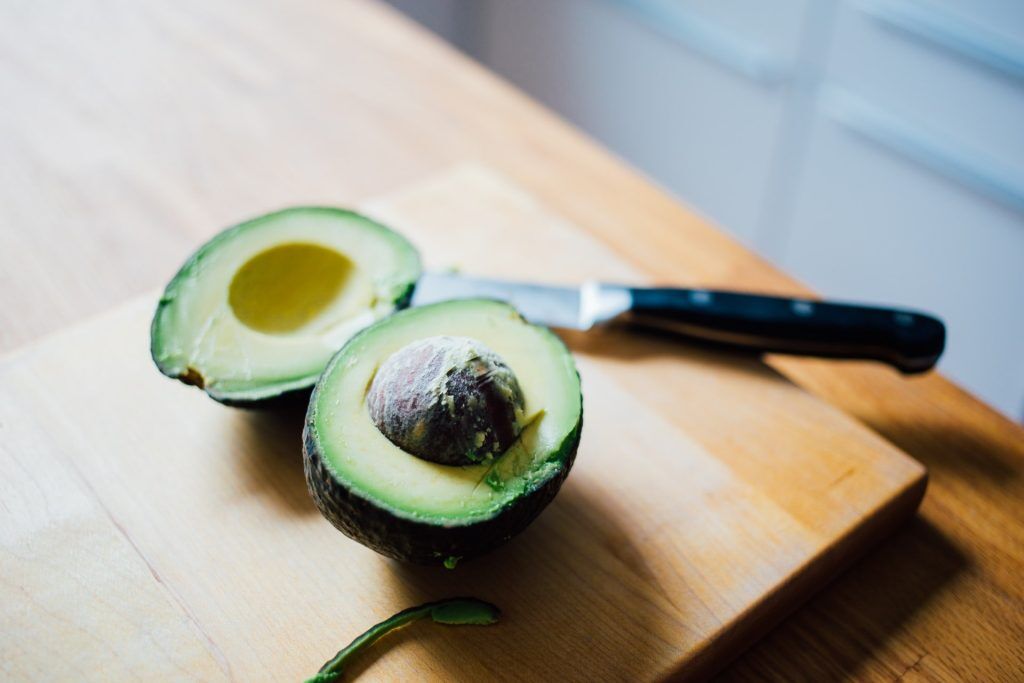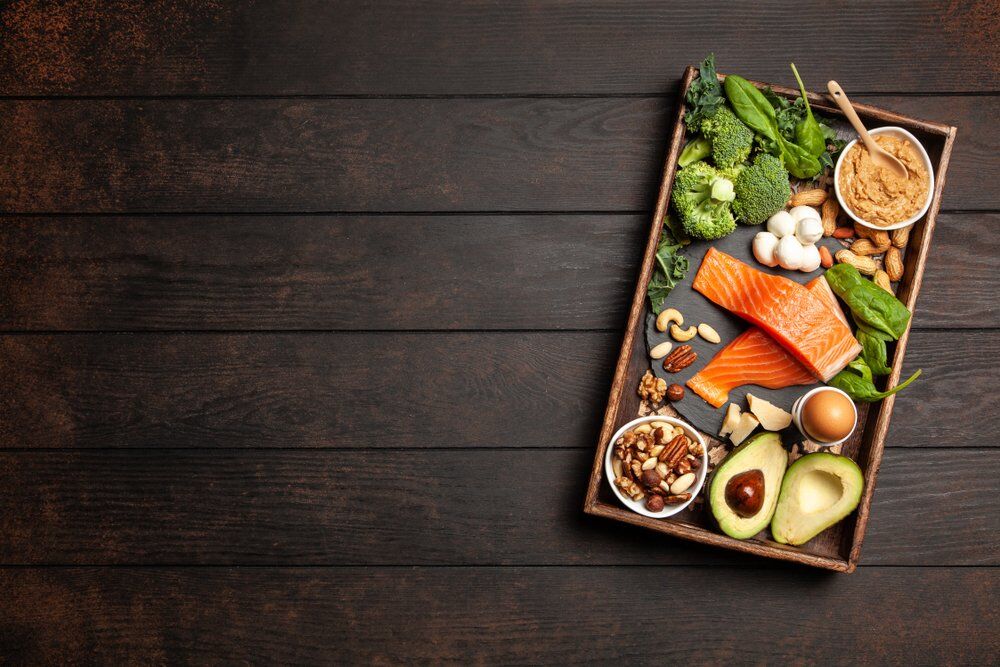
The TRUTH About Fats
Dietary fat intake has been unfairly blamed for obesity for a long time, only carbohydrates seem to have had a worse press in recent years. But how unhealthy are fats? Are they responsible for the obesity crisis that grips the Western world? Or are fats necessary for full body health? Let’s explore the truth about fats.
When Did Fats Get a Bad Reputation?
If you go through the history of dieting and nutrition you will see that for a long time diets weren’t based on science but rather trial and error. In 1724 Dr George Cheyne wrote what is considered the first ever diet book “An Essay on Health and Long Life” after he had given up meat and most carbohydrates. Subsiding on milk and vegetables in what is now considered a lacto-vegetarian diet.
Cheyne’s diet was based on guesswork, and it helped him to lose a considerable amount of weight. Matthew Dobson and William Banting would publish diet book towards the end of the 18th century that promoted meat while avoiding carbohydrates and dairy.
There have been over 1,000 diets between the 1700s and today, almost every single one has taken aim at one aspect of our diet and identified it as the culprit. Sugar, fats, grains, protein, eggs, salt. All have been raked over the coals at one point or another.
Fats were first blamed for weight gain in the 1940s and 50s, but it was in the 1960s that low-fat diets really took off. In the 1980s and 90s low-fat versions of foods became popular and everyone was worried about the effects of cholesterol.
Then something funny happened. In the 1970s Dr Robert Atkins created a low-carb diet which promised to help you lose weight while eating a high calorie diet that was filled with unlimited consumption of protein and saturated fat. The diet became massively popular in the early 2000s, and suddenly fat was seen as an unlikely ally in the war on carbohydrates.
The diet became wildly popular, and suddenly high fat diets such as the ketogenic diet became popular. As you can see, fat has had a mixed reputation over the last hundred years, but what is the reality?
 The TRUTH About Fats
The TRUTH About Fats
The truth about fats is not particularly exciting (apologies for that), you need fats in your diet to provide certain health benefits, but too much fat can be a bad thing. It’s more complicated than that, but those are the basics.
Many people who are obese do tend to eat too much fat; they also eat too many carbohydrates. There are many causes of obesity (stress, lack of sleep, lack of exercise) but the main cause is too many calories consumed.
Fat is easy to overconsume because it is very calorie dense. A tablespoon of olive oil contains over 100 calories, to consume 100 calories of broccoli you would have to eat 286 grams of the stuff! A little fat goes a long way.
That being said, fat is also satiating, meaning that it will make you feel fuller for longer. This is unlike sugary foods that are easy to eat and won’t leave you feeling too full afterwards. Think how many KitKats you could eat in one sitting without feeling full, it would probably be 2,000 calories worth.
This is because KitKats are a combination of fats and sugar, making them highly calorie dense, but also making them very tasty. When fats are consumed with sugar (cakes, biscuits, and desserts) it can be very easy to consume hundreds of calories without feeling full.
Benefits of Fat
Fat has many benefits, it is your only source of essential fatty acids, it helps you absorb fat-soluble vitamins, it can help to support healthy hormone levels, and unsaturated fats can actually help to lower your cholesterol levels.
Eating plant foods that are high in fat is really beneficial. These include:
- Olive oil
- Oily fish
- Nuts
- Avocados
If you were to avoid all of these foods you would end up with low omega-3 levels, problems with vitamin D absorption, and you may see a drop in testosterone (men).
 Downsides of Fat
Downsides of Fat
Olive oil is a healthy fat, but it is also high in calories. The phrase “too much of a good thing” definitely applies here. You could be eating the healthiest diet imaginable, but if your calorie intake is higher than your calorie expenditure then you will start to gain excess body fat (spare energy that isn’t used gets stored as fat).
The more weight you gain, the harder your heart has to work and the more susceptible you are to metabolic diseases such as obesity, type II diabetes, and heart disease.
Fat itself can be a problem if it is saturated fat or trans fats, these have fewer health benefits and when overconsumed can lead to an increase in bad cholesterol which can clog up arteries and increase your risk of heart attacks or strokes.
Final Thoughts
Adding lots of healthy fats to your diet is a smart move, but just make sure that the amount you consume is within the nutritional guidelines. Don’t drizzle olive oil over everything, don’t switch milk for full fat cream in your coffee. Get a lot of variety and keep your sweet treats to a sensible amount each day.
This way you will get all the health benefits of eating fats without any of the negatives linked to overconsumption.


 The TRUTH About Fats
The TRUTH About Fats Downsides of Fat
Downsides of Fat